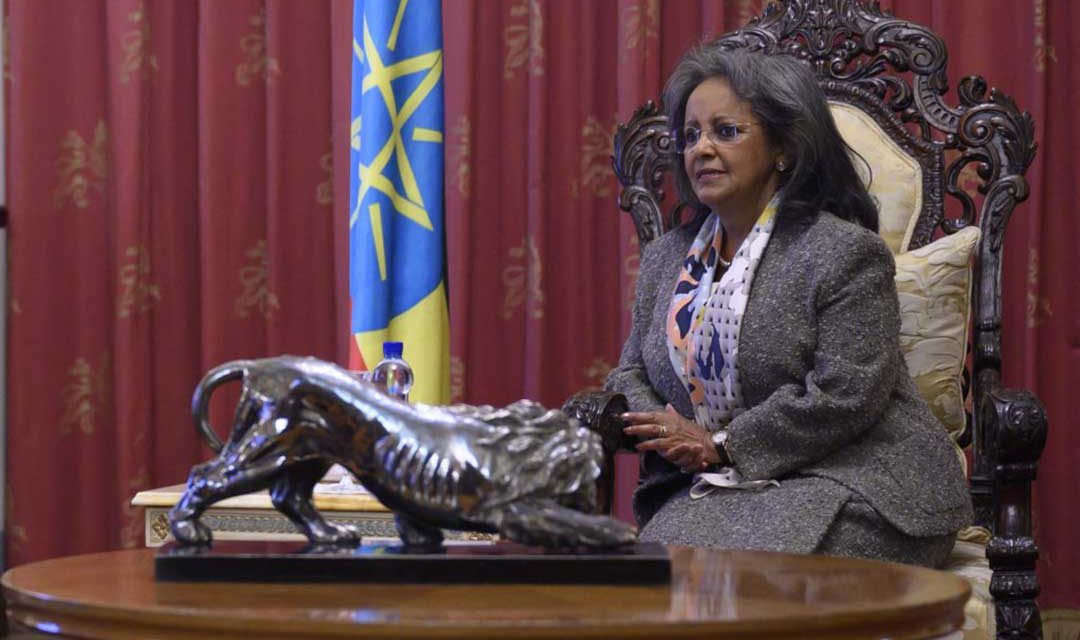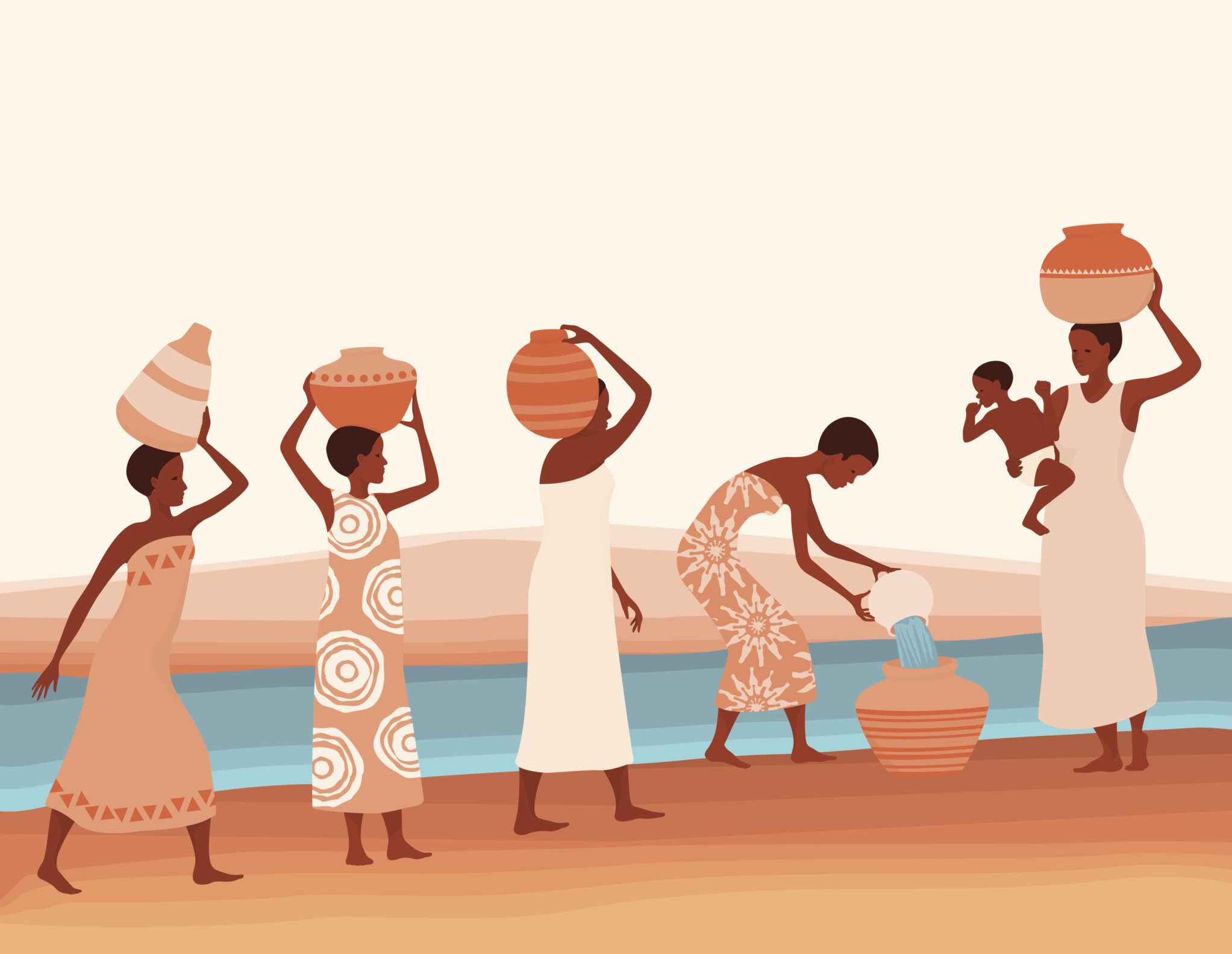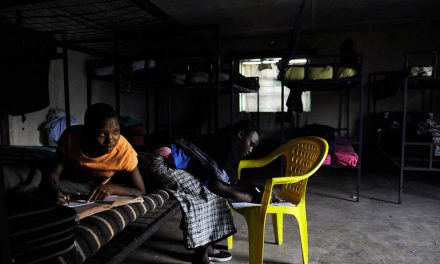Ethiopians are hopeful that their new president’s diplomatic skills will help to bring some unity to a country with a history of complex politics
At this juncture in Ethiopia’s epic history, there are few issues that unite its more than 100 million citizens. Fortunately, the election in October 2018 of the nation’s second female head of state, President Sahle-Work Zewde, was one of them.
A polished, discreet, and experienced diplomat in the classical mould, Ethiopians hope 68-year-old Sahle-Work can build bridges across political chasms and offer a shining example for women struggling for agency in a patriarchal society. Ethiopia’s president is elected by a joint session of its two chambers of parliament and can serve two six-year terms. The largely ceremonial role includes opening parliament, officially proclaiming laws and treaties, appointing ambassadors and granting pardons.
“I am happy for her and most of all I am happy for Ethiopia. It is historically significant just to have a woman up there. She will do the job of representing women, she will deliver the goods,” said a former diplomatic colleague, who was full of praise for the new president’s poise and character. “She is a likeable, dignified, humble person. A straight shooter, but in a dignified way.”
Sahle-Work was educated at the Lycée Guebre-Mariam in Addis Ababa and at Montpellier University, where she studied natural sciences. The eldest of four sisters, she became a civil servant and subsequently joined the Foreign Service. She is one of few senior diplomats to have served under the current government and its predecessor, a military regime known as the Derg, which was removed from power in 1991. “She’s the right sort of person to be head of state, not government, as she really is someone who transcends regimes,” said a long-time close foreign observer of Ethiopian affairs.
The new president, a fluent French speaker, was first an ambassador to Senegal from 1989 to 1993, then to Djibouti the same year, and then France from 2002 to 2006, where she was also Ethiopia’s permanent representative to UNESCO. In that role, she helped coordinate the return from Rome of obelisks from the ancient Aksumite empire that had been looted from Ethiopia. After Paris, she became Ethiopia’s permanent representative to the African Union (AU) and director-general of the foreign ministry’s African affairs department.
She joined the United Nations (UN) in 2009 and was special representative to the Central African Republic and head of a peace-building office. In June 2018, she became the UN secretary-general’s special representative to the AU, which is based in Addis Ababa. Sahle-Work is married and has two children.
Ethiopia’s Ministry of Foreign Affairs represents continuity in a nation that has seen dramatic political and constitutional change in recent decades. Sahle-Work’s father was an officer in the military of Haile Selassie I; however, while studying in France she joined a campaign against feudalism. “She’s not from the peasantry, she’s not from the disempowered classes. She’s from the former establishment, the emperor’s establishment. But she was also a student with a lot of questions and demands of the monarch,” said a colleague.
Sahle-Work’s only predecessor as female Ethiopian head of state was Empress Zewditu, who ruled Ethiopia from 1916 to 1930. Centuries of imperial rule ended violently in 1974 and the Derg gradually consolidated power following a contested transition. However, the military regime’s leader, Colonel Mengistu Hailemariam, failed to satisfy the demands of Ethiopia’s many nationalities and his regime was finally brought to its knees by dogged rebellions.
Relative peace compared to neigh-bours Eritrea, Sudan, South Sudan and Somalia has given Ethiopia a reputation for stability, boosted by its role in recent decades in UN and AU peacekeeping missions in regional trouble spots. Despite domestic strife, the government has won plaudits for building infrastructure and investing in public services.
Sahle-Work is part of a significant constituency of Ethiopians who are more interested in promoting their country’s achievements than dwelling on its difficulties. “She’s a typical Ethiopian. She has pride in being Ethiopian. She wants to see Ethiopia rise up – amid all this poverty, backwardness, civil war – to come out of it, to put the country in the right direction,” a former diplomat told Africa in Fact.
However, in the past few years, unresolved political questions have been hard to ignore. The state was rocked by three years of popular protests, primarily in the Oromia region, over marginalisation and repression. Ethiopia was teetering on the brink of worsening conflict, but a much-needed change came in early April 2018 when Prime Minister Abiy Ahmed took office. Many feared the consequences if a party stalwart had been chosen ahead of the dynamic former army officer, as that looked certain to catalyse more protests.
But the 42-year-old prime minister, Africa’s youngest, has since blazed a positive trail, enacting a comprehensive political amnesty, slamming his own government for torture and establishing a detente with Eritrea. Abiy comes from the Oromo community, whose status and role has long been a thorny question – and was one of the issues concerning student activists like Sahle-Work in the 1960s and 1970s.
Indeed, although she has generally steered clear of party politics since, it was ethnic horse-trading that cleared the way for Sahle-Work to become president. It is believed that Abiy asked her predecessor, Mulatu Teshome, an Oromo, to step aside. The foreign minister, Workneh Gebeyehu, is also from that community. “There was a need for ethnic balance,” said an insider.
This government is seen as having promoted minority rights and made socio-economic gains, but failed to democratise: not a single opposition legislator was elected to parliament in 2015. Abiy’s supporters hope that parliament will now become the fulcrum of a new democratic polity after elections in 2020. However, Sahle-Work’s diplomatic skills may well be needed.
Those who know her well enough to use her nickname, “Sally”, speak of a somewhat diffident character, albeit one that is highly effective. “She has drive and ambitions but never loses this humility, this Habesha humbleness,” said a former colleague, referring to a term for Ethiopians from the primarily Christian Orthodox highlands that traditionally formed the bulk of the ruling classes.
That manner and background could now prove useful. For example, rising ethno-nationalist sentiment in Amhara is expressing itself partly in irredentist claims over territory that is part of Tigray region. The issue could foment further instability, potentially stymieing Abiy’s agenda. Historically, the Amhara have provided emperors, but many Amhara feel their people have been eclipsed by historic rivals, the Tigrayans. Wise heads are needed.
“She doesn’t have a dog in the race. But being from the Amhara community, she may act as a calming influence at a time when regional states are trying to use their muscle. She could play her role as a woman, as a diplomat, and someone who people see sense in and will listen to. ‘What do we get out of this? Why do we have conflict over that?’” said a former diplomat about possible domestic applications of Sahle-Work’s diplomatic skills.
The need for internal mediation would require another demonstration of her flexibility. During her long posting in Djibouti, she established excellent relations with President Ismail Omar Guelleh – sometimes acting as translator in his meetings with Meles Zenawi, then Ethiopia’s prime minister – and played an integral role as Ethiopian trade moved towards Djibouti and away from Eritrea. At that time of intense bilateral activity, she was also the permanent representative to what became the Inter-Governmental Authority on Development, a regional grouping. Her work at the UN was a further demonstration that her abilities to cultivate bilateral ties are matched by her capacity to work multilaterally.
As well as smoothing divisions, Ethiopians hope their president will also have a positive effect on gender equality, especially as her appointment followed Abiy’s announcement of a cabinet divided equally between men and women. In the World Economic Forum’s The Global Gender Gap report last year, Ethiopia ranked 115th out of 144 countries. It scored badly on economic participation and educational attainment, but better on “health and survival” and political participation. There are also major problems with violence against women. According to a 2016 Ethiopian Demographic Health Survey of about 5,000 women aged 15-49, some 35% of married women “said they faced physical, sexual or emotional violence by [their] intimate partner”.
In her acceptance speech, Sahle-Work indicated that she would be “even more vocal in the coming years about female rights and equality … the absence of peace mainly victimises women”. However, some observers are concerned that the cabinet’s gender parity does not necessarily mean women who are concerned about gender issues are being promoted.
“As women, we should not just want to fill a quota, but fill a quota with women proven to be competent and sensitive to their gender’s cause,” said an Ethiopian feminist who works for international organisations, and knows the president.
Sahle-Work’s challenge now is to show that her silky diplomatic ways can help to forge a new, more hopeful path for Ethiopian women, and for the country’s complex politics.
WILLIAM DAVISON is the founder and managing editor of Ethiopia Insight. He was Bloomberg’s correspondent in Ethiopia from 2010 to 2017 and has also been published by The Guardian, Foreign Policy, Al Jazeera, and many others.













